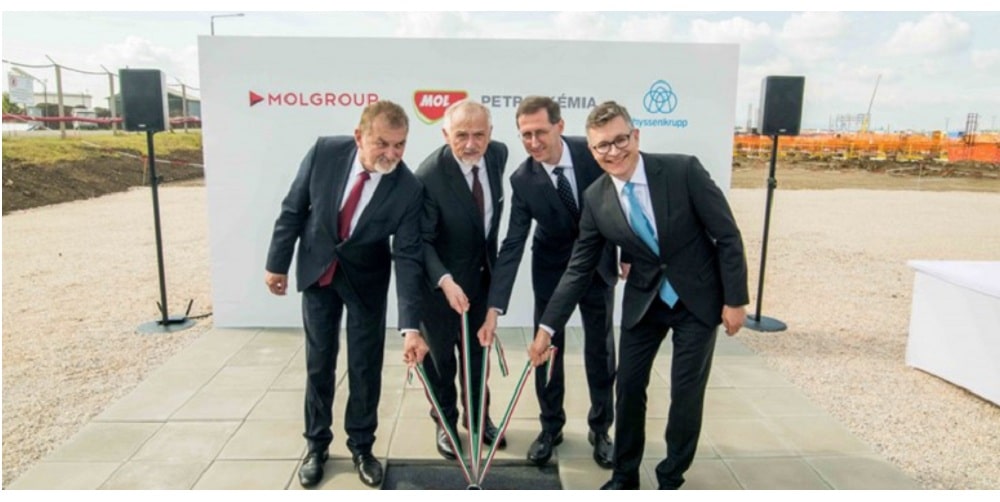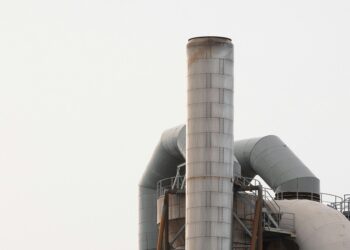In a move to boost the resource development within the country, Hungarian Oil and Gas company, MOL Group has laid the foundation stone for €1.2bn (£1.06bn) petrochemical plant in Tiszaújváros, Hungary. The occasion was graced by MOL Group chairman and C-CEO Zsolt Hernádi, Thyssenkrupp Industrial Solutions Chemical & Process Technologies CEO, Sami Pelkonen, Hungarian Parliament Member Ferenc Koncz and Hungarian Finance Minister Mihály Varga. Under the project, the Government of Hungary has provided a loan for €131m (£116m). This comes with a combination of the much-needed corporate tax allowance and a cash investment grant.
This is the largest investment made by the MOL group in its history. It is estimated that once completed, the plant will be able to produce 200,000 tons of polyols annually. There is a high in demand plastic raw material which is used in industries ranging from Automobiles to construction and even clothing. As per the claims made by MOL, Tiszaújváros plant will produce the said product using efficient and eco-friendly technologies including the HPPO process (propylene oxide from hydrogen peroxide) that are developed by Thyssenkrupp and Evonik.
This plant when fully functional is expected to contribute almost €150m per annum to the company’s revenue before Interest, taxes, depreciation, and amortization. The production will begin in 2021 and provide permanent jobs to 200 in the region. In a statement made by MOL Group chairman and C-CEO Zsolt Hernádi, this investment will make the MOL Group one of the most prominent players in the region’s chemical industry. The reason being that MOL will be the only the Central and European company to control the entire value chain ranging from crude oil extraction to polyol production. With the enhancement of Tiszaújváros position in the chemical industry post the commissioning of this project in 2021, one can expect many investors coming to the area. Sami Pelkonen, CEO, Thyssenkrupp Industrial Solutions Chemical & Process Technologies, said that the project is an important step towards transforming the chemical industry in Turkey. He further added that MOL with its vision 2030 is pursuing an ambitious growth and that Thyssenkrupp is proud to be committed to this vision and contribute with its technologies to a sustainable chemical sector.



















































